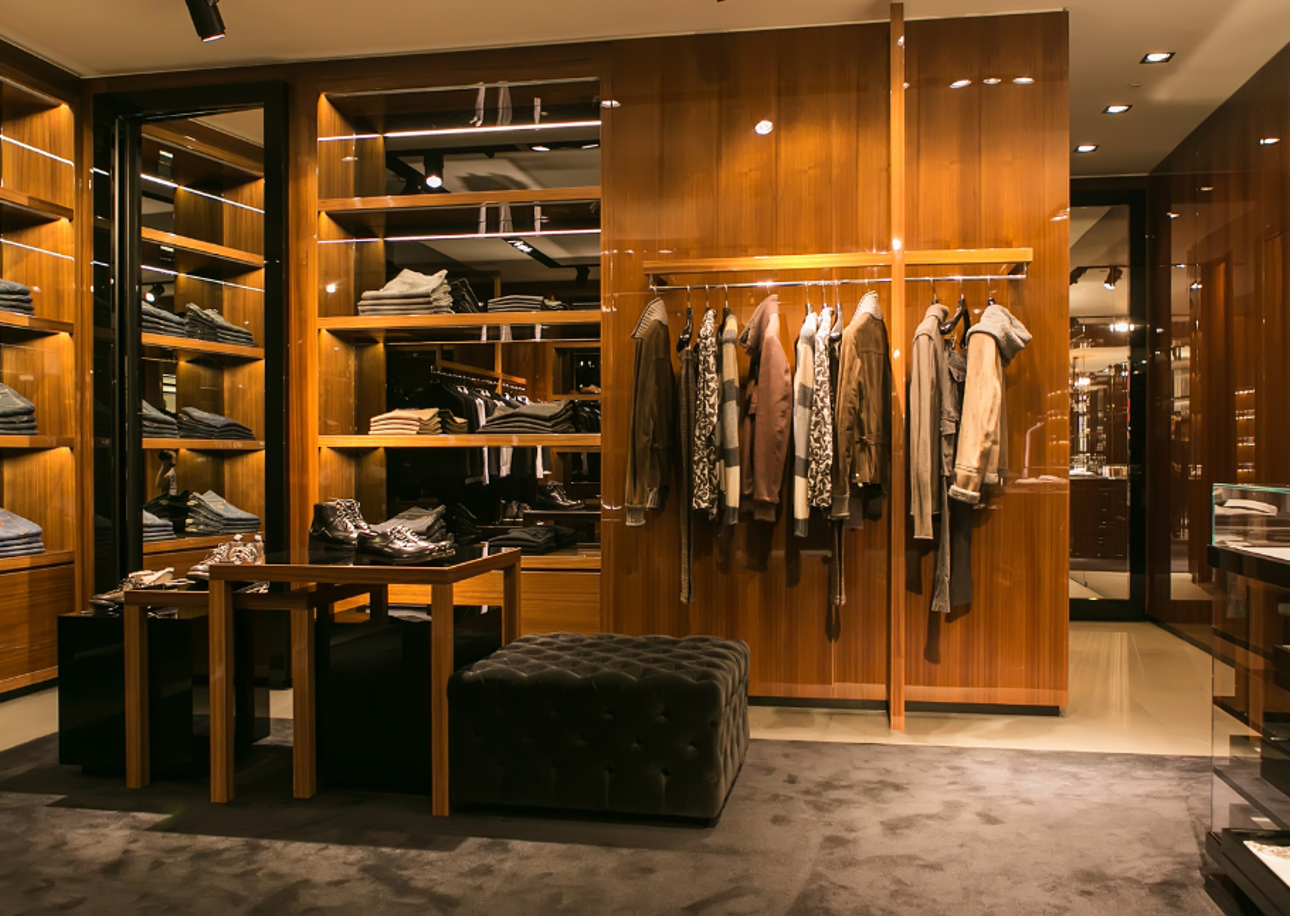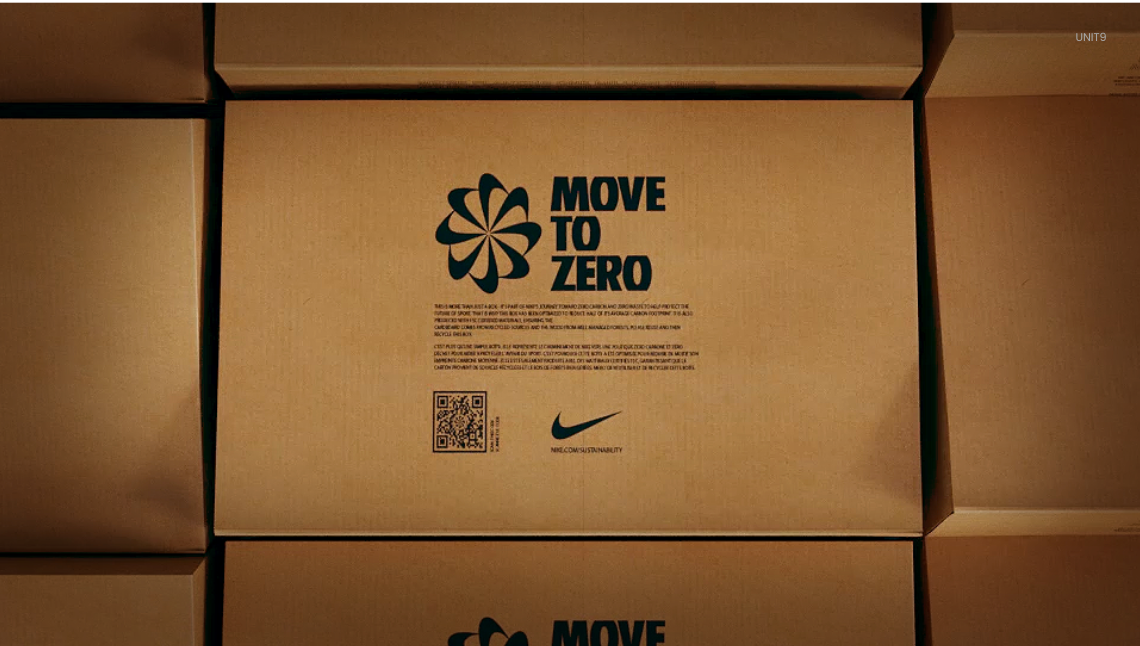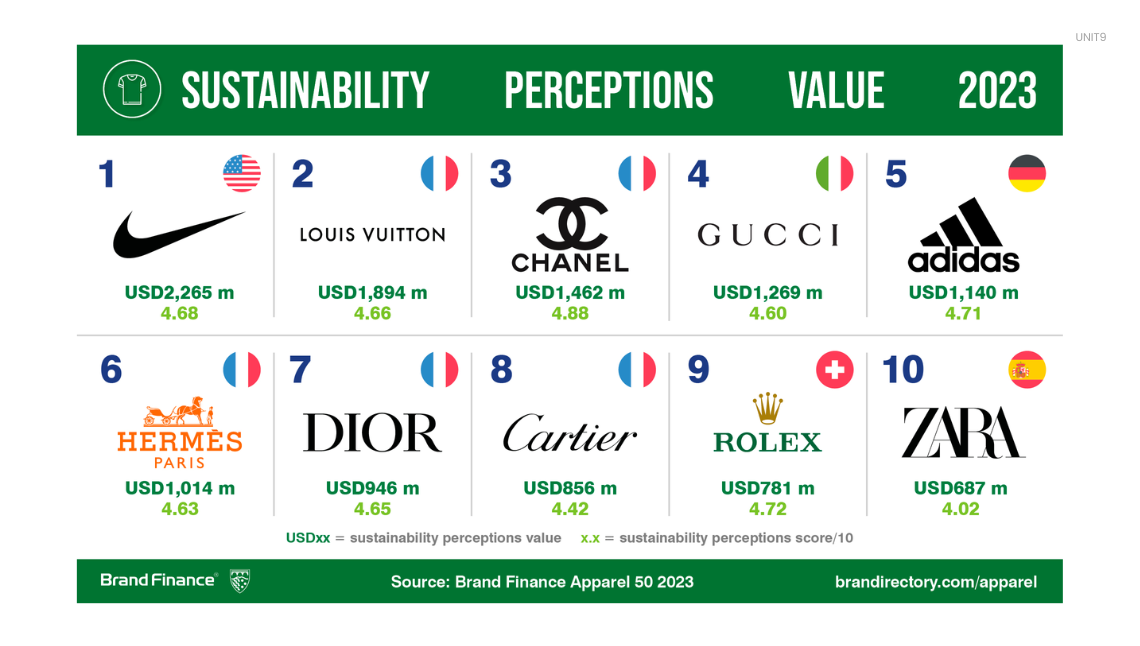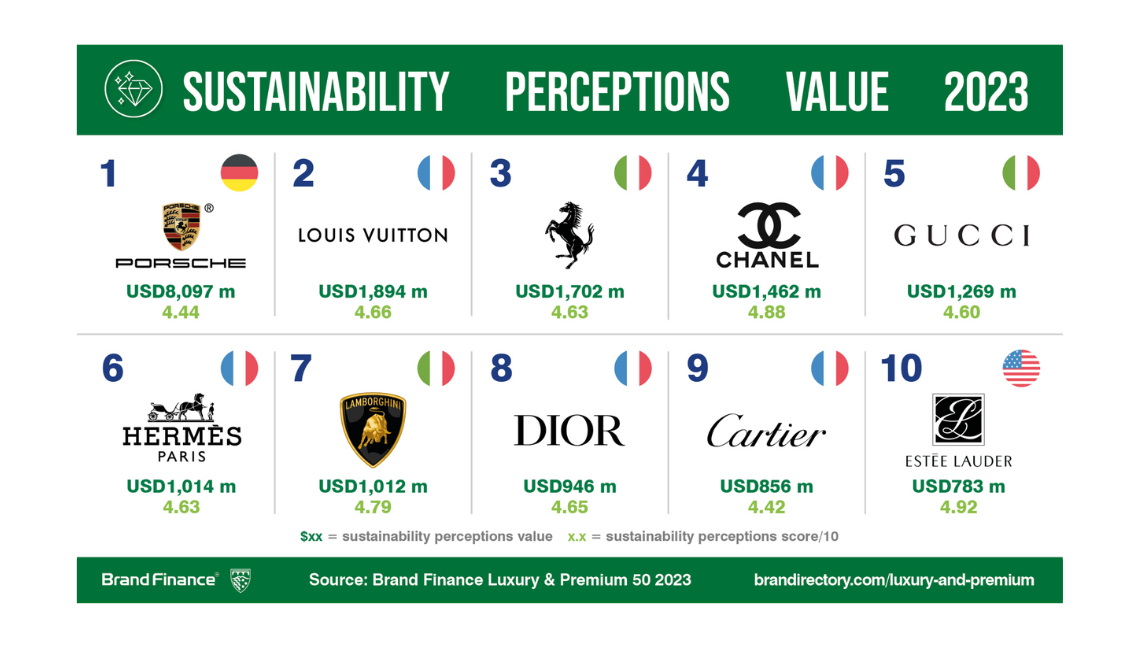The Red Envelope: Billkin and PP Krit’s Take on a Love Story Beyond the Grave
In a cinematic landscape saturated with remakes, reboots and sequels, you might ...

Today, many brands are striving to demonstrate their commitment to sustainability. Brand Finance, a leading independent brand valuation and strategy consultancy, recently published an apparel report that sheds light on this trend. The report reveals a mixed landscape, with some brands gaining popularity for their sustainability efforts while others are facing criticism for their questionable environmental credentials. Nike leads the global consumer goods list, but not all are as fortunate. Fast fashion, particularly, is under scrutiny. Despite H&M and Zara’s efforts to portray themselves as eco-friendly, their brand value dropped by 26% and 15% respectively. The culprit? Vague marketing and suspected ‘greenwashing’. Transparency is key in today’s environmentally conscious market.

Brands are now more than ever under the scrutiny of conscious consumers who demand transparency and genuine commitment to sustainability. Brand Finance emphasises the importance of transparent communication to prevent greenwashing and maintain consumer trust. Nike, for instance, leads in “Sustainability Perceptions Value” at $2.3 billion, thanks to its “Move to Zero” campaign. However, this ranking doesn’t evaluate Nike’s total sustainability performance but showcases the brand value linked to sustainability perceptions. The sportswear giant’s value appears unaffected by a lawsuit regarding false advertising in its sustainability marketing. Nike is trying to get the lawsuit dismissed. The case’s outcome will determine if Nike’s sustainability claims are legitimate and could impact how other companies market their eco-friendly products. This case also highlights the challenge of defining and measuring sustainability in the fashion industry.

China’s Bosideng enhances its global reputation through sustainability initiatives, investing in environmentally-friendly fabric and products. Similarly, luxury brands like Dior, Louis Vuitton, and Chanel have seen their brand values soar, benefiting from their commitment to innovation, creativity, and sustainability.
The connection between brand purpose and consumer perception remains a debated topic. Brand Finance’s data implies that a brand’s perceived care for the community can influence consumer buying decisions. For example, local favourites like Mitr Phol benefit from their ESG efforts. Yet, popular brands like McDonald’s and Amazon remain in demand despite their average sustainability reputations.
Lastly, while sustainability can elevate a brand’s “cool” factor in sectors like apparel, tech, and automotive, it’s not the sole determinant. In the fashion industry, the correlation between being eco-friendly and being considered cool isn’t very high. However, with the growing emphasis on sustainability, this might change in the future.

Photo: Courtesy of Brand Finance
Nike is the sustainability perceptions champion in the 2023 apparel ranking, followed by Louis Vuitton, Chanel, Gucci, Adidas, Hermes, Dior, Cartier, Rolex and Zara.

Photo: Courtesy of Brand Finance
As well as being the most valuable Luxury & Premium brand, Porsche also has the highest Sustainability Perceptions Value (SPV) of any brand included in the Luxury & Premium 100 2023 ranking – US$8.1 billion.
In a cinematic landscape saturated with remakes, reboots and sequels, you might ...
This month Koktail focuses on wellness and health, as we take a ...
These top 5 barber shops in Bangkok are where gentlemen can elevate ...
Experience the rare opportunity to celebrate the artistry of Thailand's beloved mural ...
With fashion trends that exit as quickly as they arrived and a ...
While traditional TV shows are serving us endless boy-meets-girl tales. Thailand has ...
Wee use cookies to deliver your best experience on our website. By using our website, you consent to our cookies in accordance with our cookies policy and privacy policy